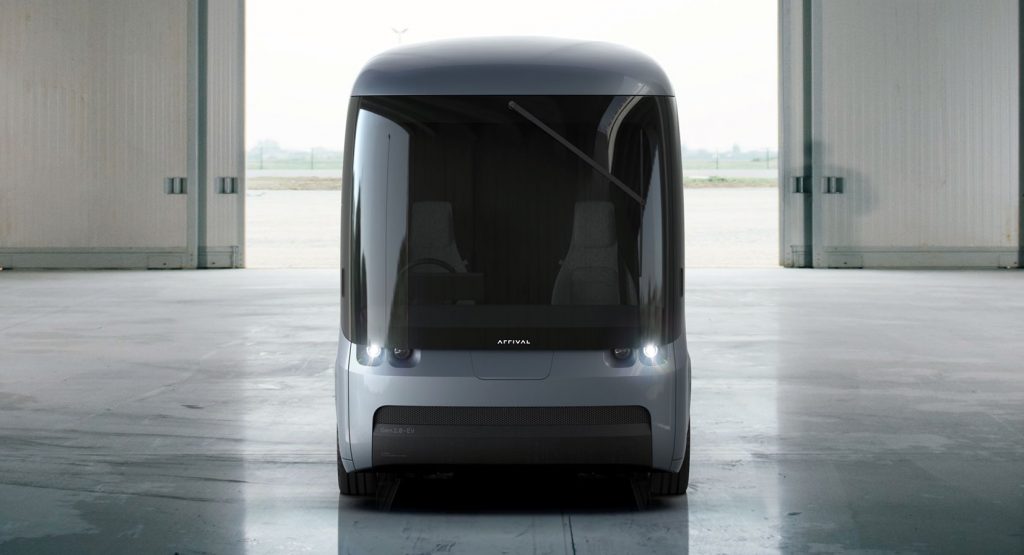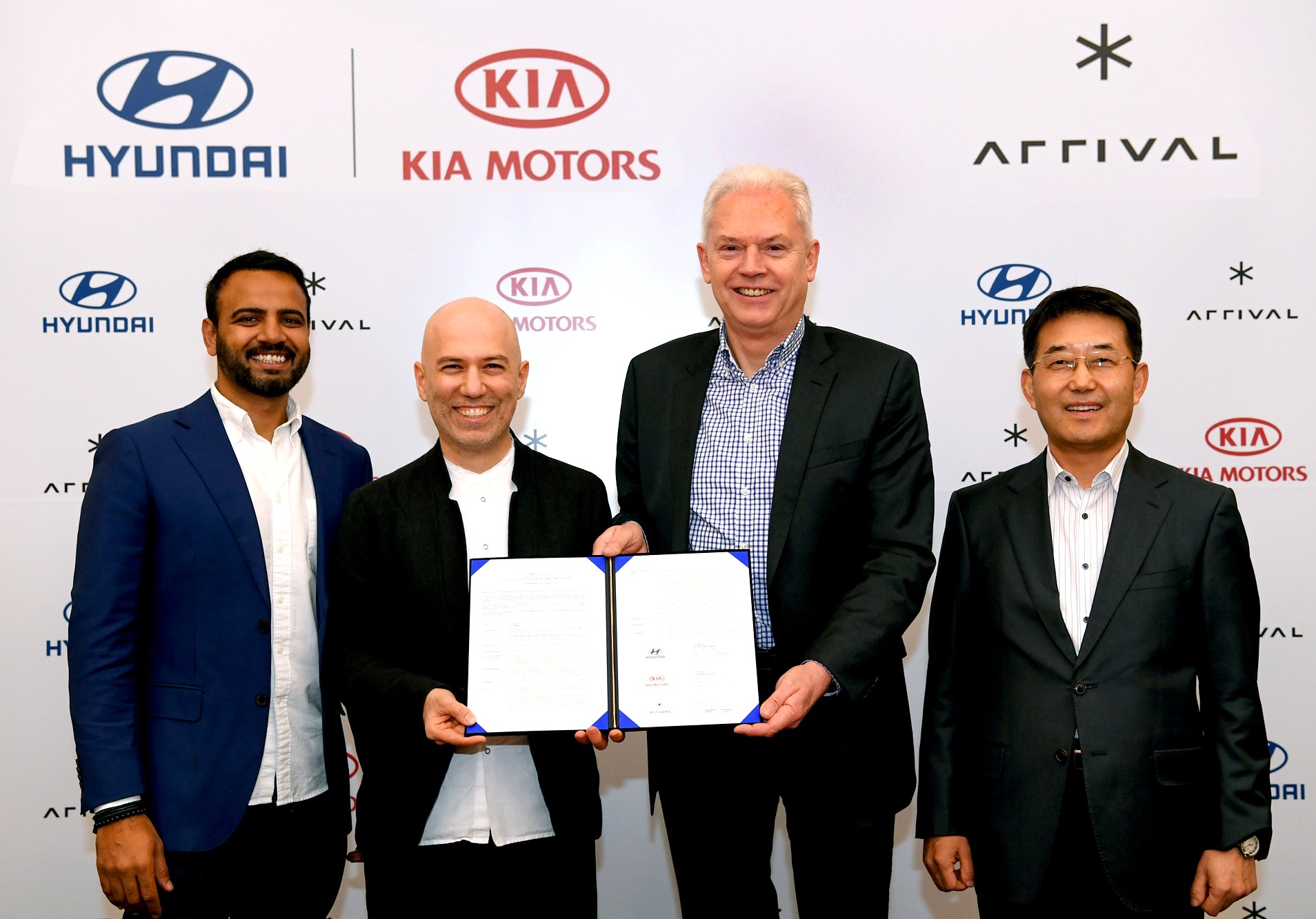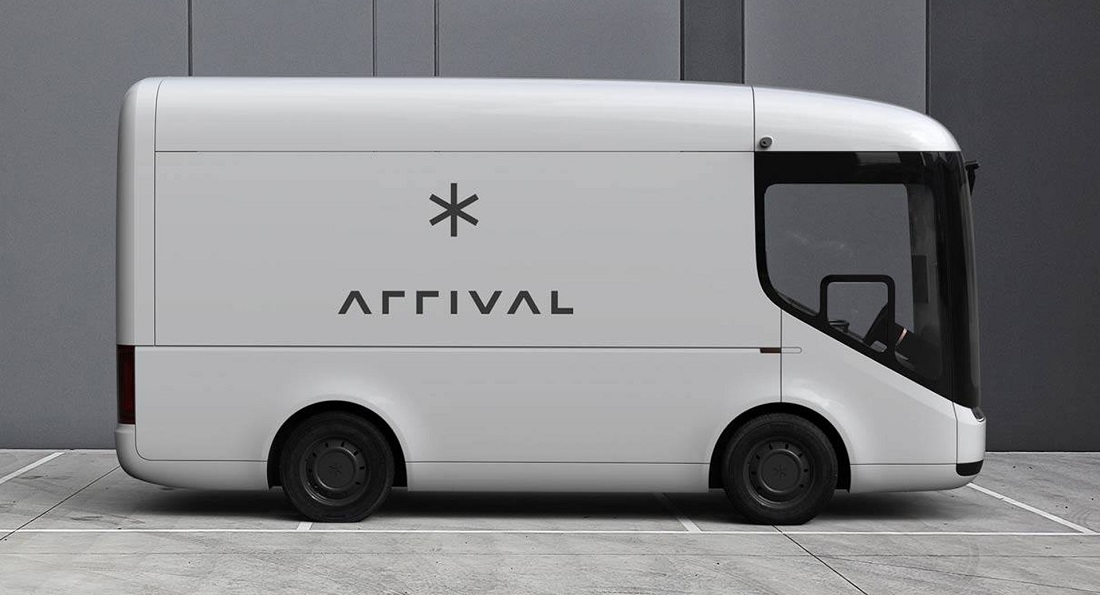Hyundai and Kia are investing $111 (£85 / €100) million into British electric vehicle startup Arrival.
In return for their investment, the automakers will get access to Arrival’s scalable skateboard platform. It will be used to underpin future Purpose Built Vehicles which were recently touted during Kia’s Plan S mid- to long-term strategy.
Hyundai and Kia didn’t say much about the PBVs, but noted they will “introduce competitively priced small and medium-sized electric vans” as well as “other products for logistics, on-demand ride-hailing and shuttle service companies.” All of the models won’t necessarily be vans either as Hyundai and Kia noted the platform can be adapted for multiple vehicle categories and types.
Also Read: UPS Unveils New Electric Delivery Trucks With 150+ Mile Range
It remains unclear when these vehicles will hit the streets, but Hyundai and Kia said they will be built in volume and based on Arrival’s platform. The latter is billed as a “cost-effective base which incorporates a battery pack, electric motor and driveline components.”
The partnership appears to be primarily focused on Europe where there has been growing demand for eco-friendly commercial vehicles. There’s no word on whether or not the vehicles could be offered elsewhere, but the automakers said their PBVs will be aimed at European logistics companies as well as mobility firms that provide on-demand ride-hailing and shuttle services.
Electric vans have seen a lot of interest from online retailers and delivery firms. In particular, Amazon invested in Rivian and then placed an order for 100,000 vans. Arrival has also been working with UPS since 2016.
In a statement, Hyundai Motor Group’s Head of Research and Development, Albert Biermann, said “The eco-friendly vehicle market in Europe is expected to grow rapidly due to the introduction of further environmental regulations. Through the joint development of electric commercial vehicles with Arrival, we will be able to gain a competitive advantage and progressively establish our leadership in the global eco-friendly vehicle market, with Europe at the forefront.”






